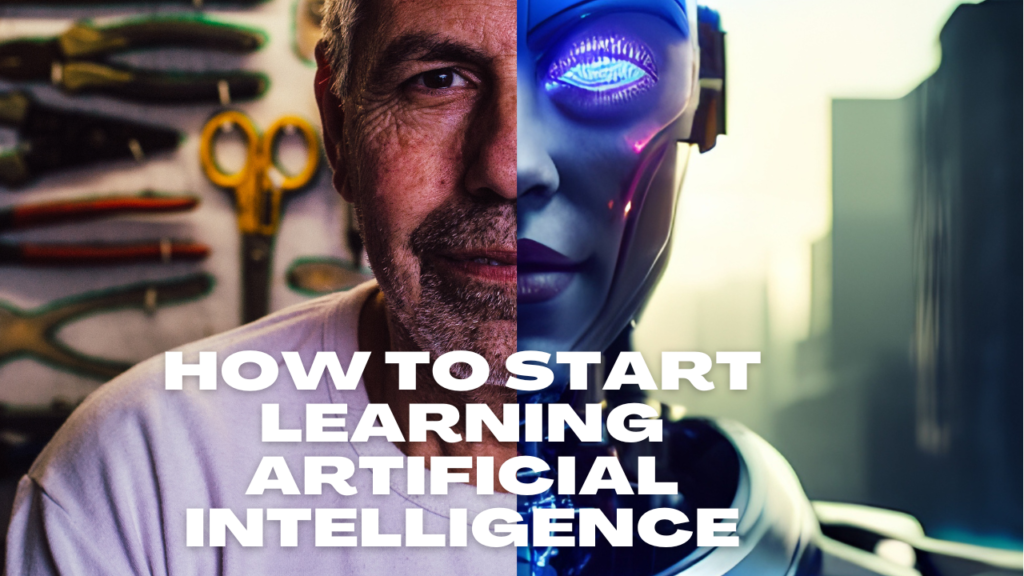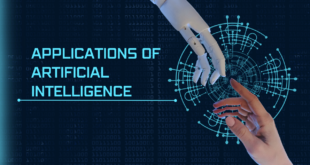
Artificial intelligence (AI) is an exciting and growing field that offers many opportunities. If you want to learn more about artificial intelligence, here are some resources and tips to help you on your learning journey. Artificial intelligence has the potential to transform many industries, making it a valuable skill for anyone working in technology or data science. With the right guidance and a continuous learning mindset, you can begin to unlock the secrets of this fascinating subject and open new doors in your career.
Learn the basics
Before diving into artificial intelligence, it helps to have a good understanding of the basics of computer science and mathematics. It includes programming, statistics, linear algebra and calculus. Additionally, basic knowledge of data structures, algorithms, and complexity theory is a plus. Understanding these basic concepts will give you a solid foundation on which to build your knowledge of artificial intelligence. It is also useful to know the basics of probability and statistical inference, as many artificial intelligence algorithms are based on these principles.
Learn to program
The Python programming language is widely used in artificial intelligence due to its simple syntax and the large number of libraries available, such as TensorFlow and PyTorch. There are many free online resources for learning Python, such as Codecademy and Coursera. Additionally, Python is known for its active and supportive community, which means you can always get help if you run into problems. If you’re interested in developing web applications, it’s also useful to understand other AI-related technologies, such as SQL and HTML/CSS for database operations. Remember that practice is the key to learning any programming language
Explore Machine Learning
Machine learning is a subfield of artificial intelligence that focuses on developing algorithms that allow systems to learn from data. There are many free online courses that provide an introduction to machine learning, such as Andrew Ng’s course on Coursera. Additionally, it is useful to be familiar with different types of machine learning, such as supervised learning, unsupervised learning, and reinforcement learning. It is also helpful to understand how the most common machine learning algorithms work, such as neural networks, support vector machines, and decision trees. Remember, the key to learning machine learning is to practice and apply what you learn to real-world problems.
Participate in real projects
The best way to learn is to practice. Work on real projects that allow you to apply what you learn. This might include building a recommendation system, building a chatbot, or entering a machine learning competition. You can also consider working on open source projects related to artificial intelligence, which will allow you to learn from other developers and contribute to the community. In addition, hands-on projects not only help you better understand AI concepts, but also provide valuable experience to add to your resume. Remember, the goal is to learn and improve, so don’t worry if you encounter challenges along the way.
Stay informed…
Artificial intelligence is a rapidly developing field. Stay informed about the latest research and developments by reading blogs, attending conferences and participating in online communities. Simply put, learning AI takes time, patience and a lot of practice. But with the right resources and a continuous learning mindset, you can succeed in this exciting field.
 Creative agency information Information about media, marketing y creative
Creative agency information Information about media, marketing y creative




